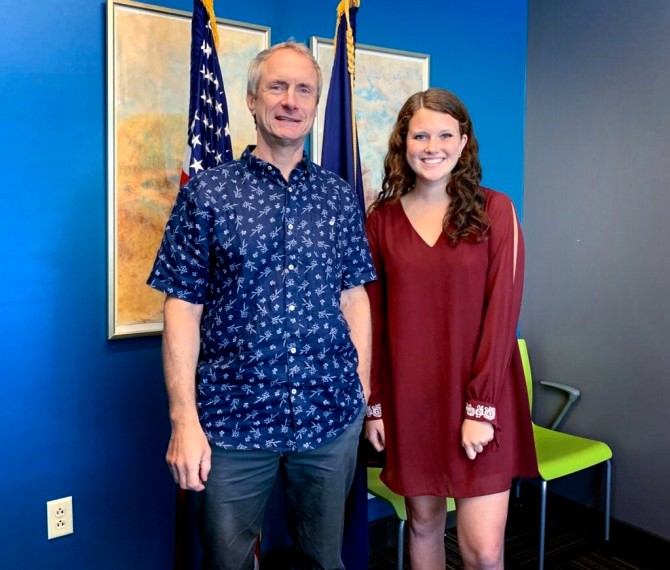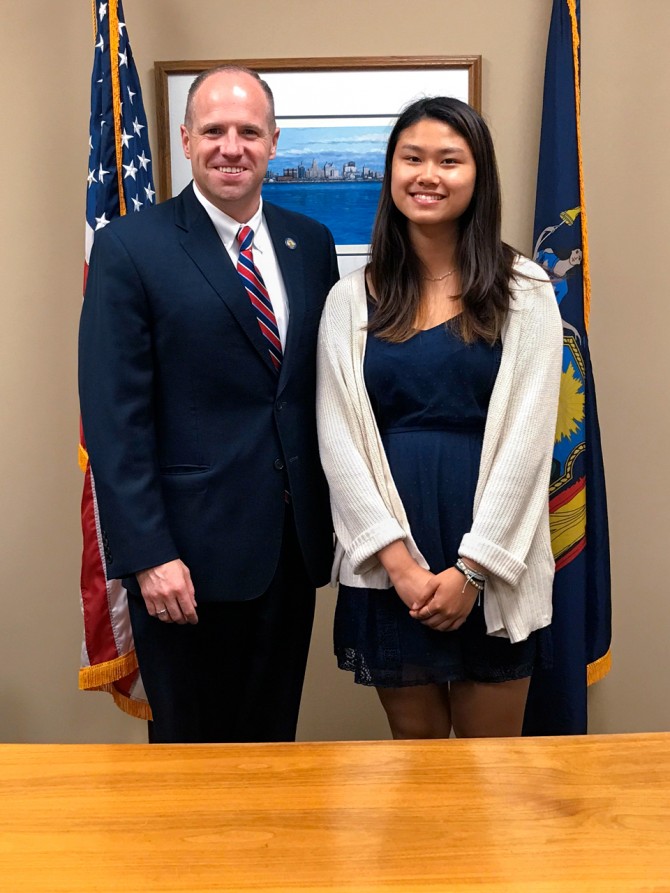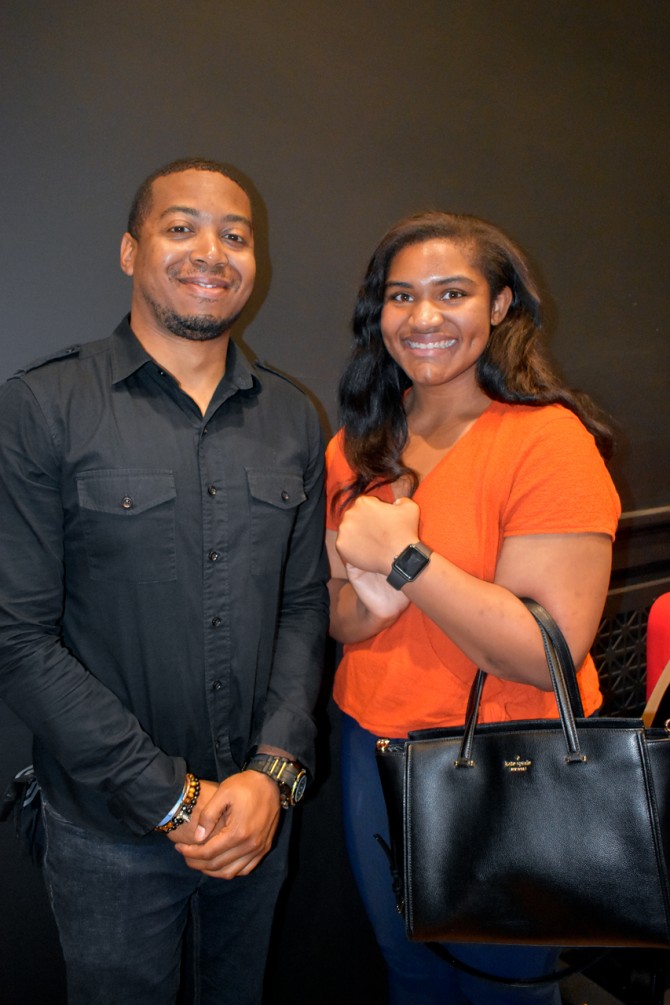ILR program fellows spend summer with NYS lawmakers
By Julie Greco
For more than 10 years, the Cornell ILR Buffalo Co-Lab has sponsored High Road Fellowships, which give undergraduate students an opportunity to participate in research, engaged learning and service in community-based economic development in Buffalo.
Since 2009, more than 180 students have spent a summer working on grassroots projects such as a citywide living wage ordinance; hiring and pay equity policies tied to tax incentives; and paid family leave legislation. The success of High Road has led to a new program: Working on Democracy: Buffalo Summer Fellowships with NYS Legislators.
The inaugural class of fellows – Emily Blanchard ’21 and Tamara Palms ’22 from the ILR School, and Wendy Lau ’22 from the College of Arts and Sciences – spent the past two months working with state lawmakers from the Buffalo area. Palms worked with Assembly Majority Leader Crystal Peoples-Stokes, D-141st; Blanchard worked with Assemblyman Sean Ryan, D-149th; and Lau worked with state Sen. Tim Kennedy, D-63rd.
The fellows spearheaded projects to increase voter turnout among naturalized citizens, researched key elements for responsible and equitable drug policy, and did research on public transit and its environmental impact.
“We developed the projects much like we do for High Road,” said Lou Jean Fleron, High Road Fellowship director. “We ask that it be a project that will really give the students some policy work. Our partners form a project that they want a student to do, we work with them to refine it and the student also has some input into that process.”
For Blanchard, the project provided her the freedom to create workshops based on her research.
“Buffalo has a large refugee population in general, and the district that Ryan represents contains a lot of them,” Blanchard said. “He gave me a broad prompt to do research on the refugee communities and see some of the difficulties they’re facing, specifically to voting and becoming citizens.”
Blanchard created a survey and conducted interviews to identify the difficulties these populations have in becoming citizens and, once they are citizens, their barriers to voting. She found that the main obstacle for naturalized citizens is a lack of education on how the voting system works.
Her solution was to partner with High Roads fellow Livvie Smith ’22, who spent the summer working at an area community health center. They held a pair of voting rights workshops for people in the process of becoming citizens, about the right to vote and the voting process.
“We even did a sample election to get them excited and encouraged about voting,” Blanchard said. “It was super cool to see them get excited about the process. And the project got me more excited about a possible future in public policy or in a politician’s office.”
For Lau and Palms, much of their work centered on research and interacting with constituents.
Working with Kennedy, chairman of the Senate Transportation Committee, Lau did research on the past 50 years of public-purpose bonds. She analyzed which bonds passed and which failed, and studied the scope of each bond, the language used and the percentage of people voting for or against the bill. Lau also did research on different forms of sustainable transportation in the U.S. to discern which types were used to promote a more environmentally friendly setting.
“Doing a lot of research on bills has made me want to focus more on policy work,” Lau said. “I feel like policy is the forefront of change. If it passes it becomes the law, and I think that by helping shape policy then I can reform what needs to be changed.”
Palmer worked with Peoples-Stokeson the Marijuana Regulation and Taxation Act, which failed to land on the Senate floor before the session ended in June. Peoples-Stokes intends to revamp the bill and push for it in future sessions.
“It was pretty close [to passing this session],” Palmer said. “I think it came down to specifically the business side of the bill. So, I conducted extra research to see how to rework the bill for next session.”
According to all three Working on Democracy fellows, the experience helped illustrate the possibilities of working in public service and for the greater good. That reaction, Fleron said, is exactly why the program was created.
“The program comes from a recognition of how important public service is,” she said. “It’s based on the idea that if democracy is to work, government and government service needs to be valued as an important endeavor – worthy of career aspirations.”
Julie Greco is a communications specialist with the ILR School.
Media Contact
Get Cornell news delivered right to your inbox.
Subscribe




